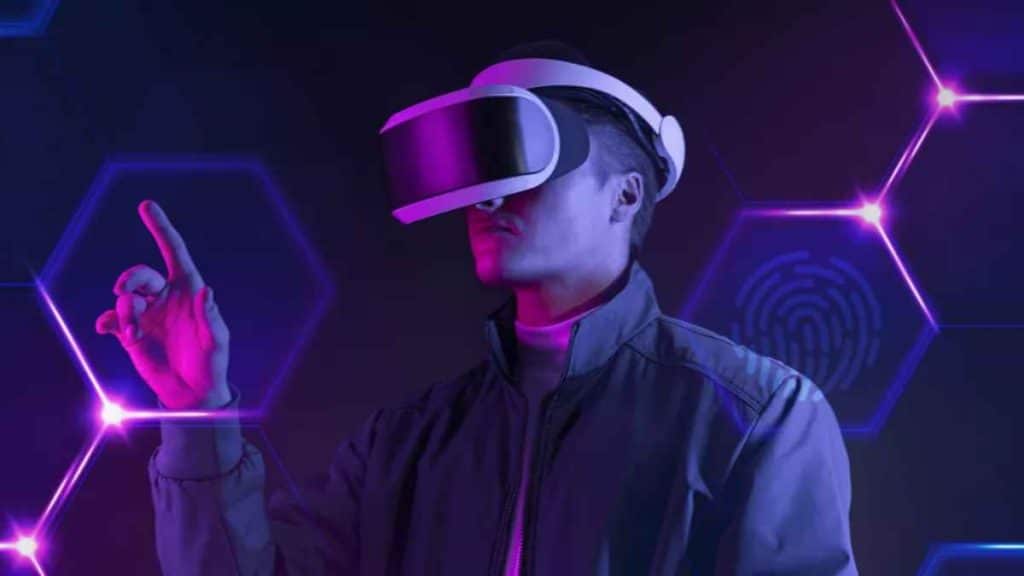Gaming technology is one of the most dynamic and innovative fields in the world, constantly evolving and improving to create more immersive, realistic, and engaging experiences for gamers. This technology encompasses various aspects, such as hardware, software, graphics, sound, networking, and artificial intelligence.
And over the years, we keep seeing new developments. One of the most notable developments in the sector is the emergence of real money online casino USA for gamers. Players can now enjoy their favorite casino games from the comfort of their homes, thanks to the legalization and proliferation of online gambling platforms. Let’s explore some of the current trends and advancements in gaming technology that are shaping the future of gaming.
Cloud Gaming
Cloud gaming is a trend that allows gamers to play games without the need for expensive and powerful hardware, such as consoles or PCs. Instead, the games are streamed from remote servers over the internet to any device, such as a smart TV, a smartphone, or a tablet. Cloud gaming offers several benefits, such as convenience, accessibility, affordability, and scalability. However, cloud gaming also faces some challenges, such as latency, bandwidth, security, and compatibility. Some of the major players in the cloud gaming market are Microsoft, Sony, Google, Nvidia, Tencent, and Amazon.
Virtual Reality (VR) and Augmented Reality (AR)
VR and AR technologies immerse gamers in an interactive environment for gamers. For virtual reality, people use special goggles to teleport themselves into a simulated world. Conversely, Augmented Reality (AR) employs gadgets such as smartphones or eyewear to superimpose digital elements onto the physical environment.
Both technologies improve gaming experience by providing more realism, immersion, and interactivity. However, VR and AR also have some limitations, such as motion sickness, technical issues, and content availability. Some of the popular VR and AR games are Half-Life: Alyx, Beat Saber, Pokemon Go, and Minecraft Earth.
Blockchain and NFTs
Blockchain is a technology that enables secure and decentralized transactions and data storage using cryptography and distributed networks. NFTs are non-fungible tokens that represent unique digital assets that can be verified and traded on blockchain platforms.
Blockchain and NFTs can revolutionize the gaming industry by providing more transparency, security, ownership, and monetization for gamers and developers. Blockchain and NFTs can enable new forms of gaming experiences, such as play-to-earn models, metaverse platforms, and digital collectibles. Some of the leading blockchain and NFT games are:
- Axie Infinity
- CryptoKitties
- Decentraland
- NBA Top Shot
Artificial Intelligence (AI) in Gaming
AI is a technology that allows machines to do things that human beings can do, such as learning, reasoning, decision making, and communication. AI can improve the gaming industry by providing more realism,
diversity, and challenge to the gaming scenarios, characters, and mechanics. AI can also enhance the gaming interaction and personalization by adapting to the gamers’ preferences, behaviors, and feedback. However, AI also poses some ethical and social issues, such as the potential misuse, abuse, or manipulation of AI systems or data. Some examples of games that have AI are:
- The Last of Us Part II
- Cyberpunk 2077
- Detroit: Become Human
- FIFA 21
Conclusion
The world of gaming technology is in a perpetual state of innovation and evolution. As we’ve explored the current trends and advancements, it’s evident that gaming is no longer confined to traditional consoles or PCs. Virtual reality, cloud gaming, and the thrilling realm of esports have broadened the horizons of what gaming can be.
